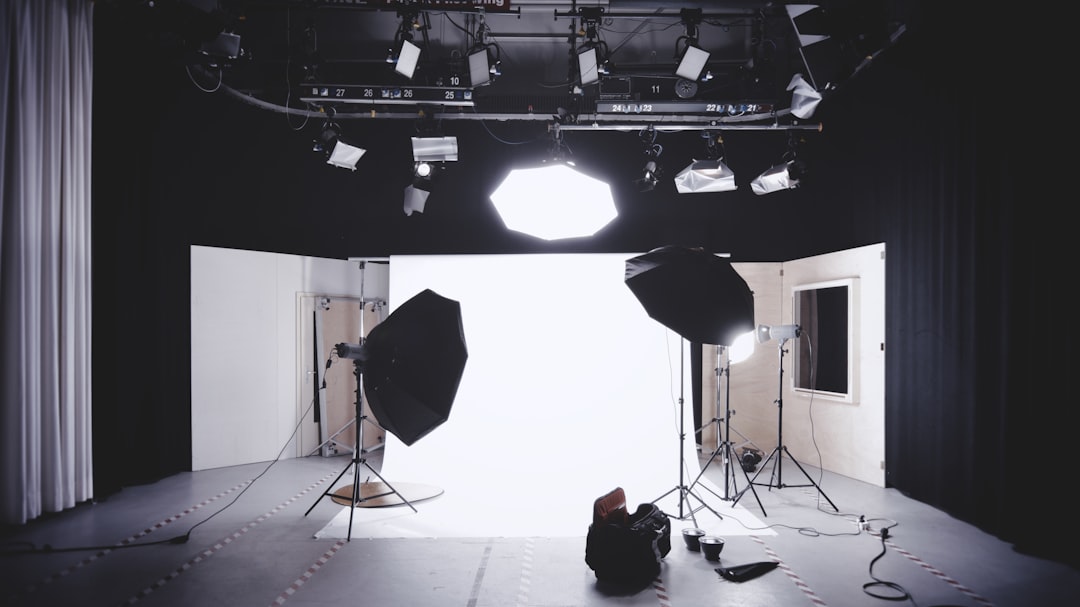✉️Reader Mailbag: How To Do A Journalist Interview
Experts respond on talking to the media. Context Collapse #152
In this issue: Readers respond on how to make sure your interviews with the media go right.
So over here at Chez Context Collapse, we recently wrote about how you can prepare for a journalist interviewing you for a potential story.
And we got… Lots of reader mail. Reader mail that is useful! Reader mail that we should share.
Tips from PR and comms pros about what to keep in mind when a journalist wants to talk to you after the jump…
This post is presented by Ungerleider Works. Ungerleider Works is NOT a PR firm; it’s a communications consulting firm that works with PR/advertising/marketing agencies and in-house communications departments on things like video scripts, white papers and newsletter/podcast strategy. Learn more about working with them here.
Prep Your Socials & Do Followup
Some quality advice from StartupsSanAntonio.com founder & editor Iris González:
1. Ensure your company website, LinkedIn profile, and social media accounts are updated with accurate, current information.
2. Offer good photos for the journalist if needed. Good means in focus and without distracting background. Don't forget to save your photo with a file name describing it for writing the caption (Founders X (from left) and X work on object Z). Don't forget to add in photo credit ("Courtesy photo" or "Photo credit XYZ LLC).
3. Finally, offer to be a helpful source for the future if you liked working with that journalist. It's a great way for experts to get occasional mentions.
Align Your Media Interview Plans With Your Marketing Goals
Andy Gryc, cofounder of Third Law autotech marketing, has an extremely good take on media interviews from the marketer’s perspective:
Firstly, the interview should help advance the company’s overall objectives. If it doesn’t, I wouldn’t recommend it (unless it’s somehow unavoidable).
Where is it going? Unless the outlet is well known and it’s obvious, always ask where the interview may show up—including getting the URL if the interviewer can provide one.
If it is more of an unknown quantity, I always ask for the outlet’s reach and audience demographics. People love to “feel heard,” so it’s surprising how many people just say “yes” to an interview without really considering the context and/or reach of the publication vs. their time expenditure in preparation.
Audience is pretty crucial—if you’re a B2B company, there’s a lot less point in being interviewed by a B2C pub and even less for a B2B company interviewed by a general interest outlet unless it’s for regional pride or another non-business reason. (These things generate awareness, but it could be too dilute to matter or it might not be important to your marketing strategy.)
Similarly, you’ll want to ask for the angle on a story just to be certain that it aligns with yours. This may not necessarily adversarial as you’ve mentioned, but a case of selective bias.
As an example—you may be a CEO of an electric vehicle startup that is offered an interview. Will the way the story is told make it look like your company is struggling to make a viable product? Or, conversely, is it placing too large of an expectation that you’ll explode into the market?
A mismatch between the writer’s POV and your company’s view of the world can be problematic to manage after the fact.
Finally, I want to underscore your suggestion of asking for advance questions. “Normal” interviews aren’t about the surprise question; they’re about getting quality answers. While many interviewees are amazing at retaining facts and speaking off the cuff, questions about specifics might need a bit of research and/or confirmation from the team before they can be answered confidently.
Knowing what’s coming at you helps you be better prepared—and for people who get nervous being in the spotlight, it helps give them a bit of a boost that they’ll be ready to deliver a good interview.
Anything else you’d like to add from experience? Let us know at the bottom of this article.




